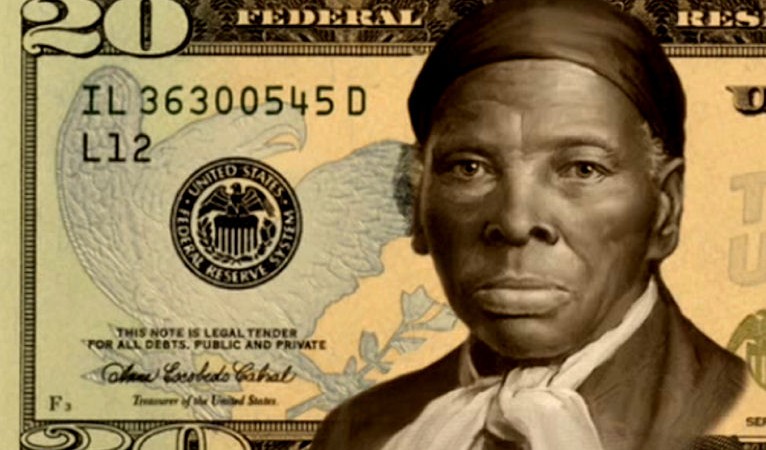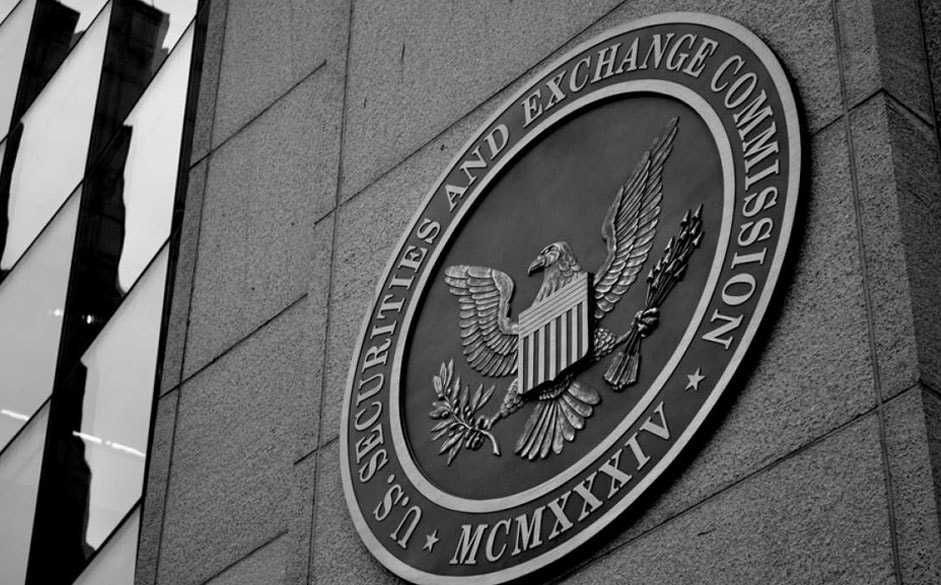
Apple Pay and Bitcoin Are No Match for Harriet Tubman’s $20 Bill
By Ben Steverman for Bloomberg
Cash is still king, and the twenty sits on the throne, making up more than half the value in your wallet. In replacing Andrew Jackson on the $20 bill, Harriet Tubman is getting pride of place in the American wallet.
Despite hype for Apple Pay, Bitcoin, and other alternative payment methods, cash is still king for the vast majority of Americans. And the twenty is the most important bill, making up 55 percent of the value of notes the typical consumer carries.

Americans do carry around more $1 bills, but the value of their cash is concentrated in twenties, according to the Federal Reserve Bank of Boston’s Consumer Payments Research Center. The $20 bill is three times as popular as the $10 bill, featuring Alexander Hamilton, Treasury Secretary Jacob Lew’s first suggestion for a bill to feature a woman.

And while some Americans, generally the wealthier and better-educated, try to avoid cash, most people are happy using a mix of cash and other payment methods in their daily lives. Cash is used for about 26 percent of all transactions, according to the Boston Fed, more than credit cards and second only to debit cards.

Will the share of cash in daily transactions drop in future years? It’s possible, but cash has key advantages. While it can be pickpocketed, it can’t be hacked or stolen by identity thieves. Cash also tends to be the most popular choice for younger, poorer, and less educated consumers, who can have a tougher time getting bank and credit card accounts.

One of the great advantages of cash is its secrecy. It’s just about impossible to trace, thwarting tax collectors and drug busters alike. Tubman, who used disguises and the dark of night to lead slaves to freedom, understood the value of keeping a secret, and one of far greater value.
First appeared at Bloomberg





